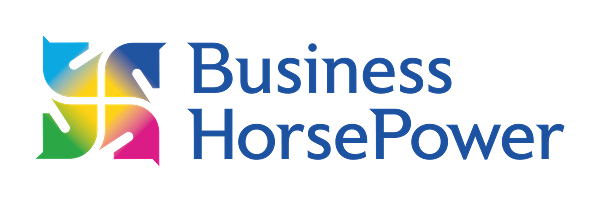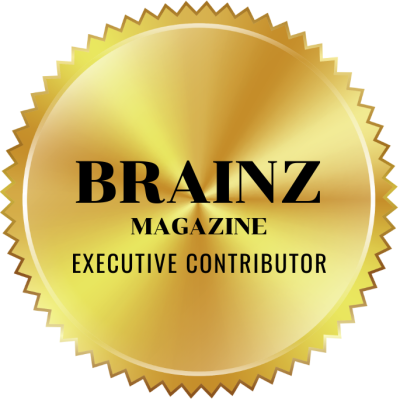Our brains are hard-wired to do the opposite of listening unconditionally— listen for quick judgements. Our hunter-gatherer ancestors who could make quick determinations between the rustling of grass or a tiger survived. Those that wandered around, taking it all in, became lunch.
Our world today is different, and we are less likely to take creative risks or share with someone that we feel has passed judgement on us. According to Judith Glaser, author of Conversational Intelligence, the main purposes of listening are to judge, to reject or to connect. People determine if they are being judged or connected to in .07 seconds. How do you feel when you sense you’re being judged? How creative are you? Are you good at solving problems? Do you feel inspired? Thoughtful? Or do you want to find the safest answer as fast as you can in order to get out of the conversation?
If you listen unconditionally, that means that you are going into the conversation with the primary purpose of connecting, not deciding if you are going to accept or reject what the other person is talking about. Regardless of what the other says, you are coming from a place of curiosity. Nothing said will faze you. Next time you have a conversation, whether with a client, family member or coworker, rather than start with your thoughts, ask the other person for theirs. Continue to ask open-ended questions and just… listen. Do not analyze, do not plan, do not start making any choices. Then ask another open-ended question. If you’re stuck, one way to practice coming up with questions is using the click-down tool. Find the key word or phrase that would be blue and underlined if the conversation was transcribed on a webpage, and ask an open-ended question about it.
Listening unconditionally is not easy, but it is not impossible. In fact, the more you practice it the more natural it will become. So I challenge you. See how many conversations you can have in the next week where you only ask questions. You will find that you talk less and hear a lot more. In fact, you may even be inspired.
If you want to develop your listening skills then I invite you to join us at the Art of Authentic Communication Workshop being held as part of International Coaching Week.





